Let me tell you about the very rich. They are different from you and me, though if you’ve spent much time in the world of classical music, and you hadn’t realised just how different, you could do worse than attend an opening night at Grange Park Opera. True, Grange Park’s founder, Wasfi Kani, is famously adept at cultivating donors: you don’t build an opera house on the late Duchess of Roxburghe’s Surrey estate without a certain fundraising flair. It was when Joanna Lumley shimmered on stage in a midnight-blue ball gown and suggested that we might each like to leave the company at least £25,000 in our wills that I really choked on my prosecco. Coming from the hardscrabble world of the subsidised arts (and used to ticking a hundred Arts Council boxes to scrape together a measly couple of grand), it was like tumbling into a parallel dimension.
Now Grange Park has staged The Life & Death of Alexander Litvinenko, a new opera by Anthony Bolton — one of the most successful fund managers of the past half century. What was it, asks a fellow critic, that attracted Grange Park’s artistic planners to the music of a wealthy City financier? In fairness, most critics approached the première with open minds: Bolton’s mentors include the composers Colin Matthews and Julian Anderson, both highly credible figures. It was a different story in 2014 when Welsh National Opera performed Usher Houseby the billionaire Gordon Getty. ‘The fact that his opera comes accompanied by a large gift make me wonder whether artistic judgments have not been skewed,’ commented Norman Lebrecht on the BBC, as Getty’s private jet descended into Cardiff for the première.
Because it isn’t right, is it? Art is supposed to emerge from poverty. It’s Beethoven scribbling away in squalor; it’s Schubert expiring romantically young in a Viennese garret. Never mind that Getty’s donation to WNO also funded stagings of rarities by Unsuk Chin and Jonathan Harvey. And never mind that opera burns through cash faster than almost any other non–commercial art form. Objecting to wealth in this context is a peculiarly post–Romantic kind of snobbery. Mozart, who rarely penned a note without a net profit in view, would have found it risible. ‘Believe me, it is my full intention to make as much money as I can,’ he wrote to his father, Leopold, in 1781, ‘for after your health, it’s the best thing you can have in life.’
It’s just that for some composers, there are more effective ways to make money than through music. Bolton realised that early on. ‘I was on holiday with my parents in Greece one year, and there was this huge yacht in the bay. My father recognized the owner, and he turned to me and said, “Look, there’s a lesson here. This guy was crazy about music. The only thing he thought about in university was music, but his family made him go into the family business. He was unhappy for a while, but later on he sold the business, and since then he’s devoted the rest of his life to music.”’
Lesson learned. Bolton played the cello at Cambridge and briefly took composition lessons with Nicholas Maw, but Litvinenkohad to wait for his retirement. He wasn’t born into wealth like King Frederick the Great of Prussia, who wrote and performed his own flute concertos, or Beethoven’s patron Archduke Rudolph of Austria, whose chamber music has a lyricism that offsets its slightly boxy sense of form. It’s easy to dismiss these royal composers as dilettantes; harder to do so in the case of Lord Berners, the ‘Lord Merlin’ of Nancy Mitford’s The Pursuit of Love, who entertained horses to tea at his Oxfordshire mansion and dyed his doves pink and turquoise, but whose exuberant neoclassical ballet scores were championed by Diaghilev and Balanchine.
It’s harder still in the case of Ernest Chausson (whose building contractor father made his money during Baron Haussmann’s reconstruction of Paris) and Francis Poulenc, who inherited a pharmaceuticals fortune just as his career ignited (the Rhône–Poulenc conglomerate was a major player in French industry for much of the 20th century). In fact, 20th-century music would look bare indeed without Big Pharma. The Swiss conductor Paul Sacher married into pharmaceutical money and promptly started commissioning Stravinsky and Bartok. Meanwhile, you can still buy Beechams cold remedies in your local Boots, though Sir Thomas Beecham’s serious cash came from Beecham’s Pills, a patent laxative made from ginger, aloe and soap. It’s not entirely stretching a point to say that the Royal Philharmonic and London Philharmonic orchestras — both founded by Beecham — owe their existence to constipation. Pecunia non olet.
In each case, wealth liberated creativity, either directly or through patronage. Chausson bailed the young Debussy out of debt; Bolton is planning a more 21st-century approach. ‘I’m very aware that the life of most composers is not very rewarding, financially. But I think, with the internet, that we can re-establish a direct relationship between patrons and composers.’
He is working with the new music charity Sound and Music and hopes to launch Music Patron, a new funding platform for composers, later this year. As for his own music, there’s no reason why financial success and an original artistic voice need be mutually exclusive. ‘What makes a good fund manager is very difficult to say. I was a contrarian, and that worked for me in investment, and worked very well. I mean, in investment nothing is new. You borrow a bit here, and you borrow a bit there. In music, also, we’re all magpies.’
And after all, no composer was more of a magpie than Charles Ives. The most anarchic of American symphonists was also a pioneer of modern life insurance, and his firm of Ives & Myrick was for a time the largest (and most profitable) insurer in the US. For the iconoclastic, outspoken Ives, art that wasn’t born of human endeavour in all its complexity wasn’t art at all. ‘My business experience revealed life to me in many aspects that I might otherwise have missed,’ he told an interviewer in 1933. ‘You cannot set an art off in the corner and hope for it to have vitality, reality and substance… My work in music helped my business and work in business helped my music.’
For Ives, business life offered ‘nobility, tragedy, meanness, high aims, low aims, brave hopes, faint hopes, great ideals, no ideals’. It sounds like pure opera. Extreme wealth does not preclude artistic talent — history proves that — but it can’t create it, and Bolton is modest to the point of diffidence. ‘If I send a score to the LSO or something, they’re probably not going to take me very seriously,’ he says. Even so, the prospect of an operatic tragedy written by a man who has wrestled with wealth and power on a global scale, and who was nicknamed ‘the quiet assassin’ by his business rivals, has a definite spice. ‘Let’s see what happens,’ says Bolton. From now on, he’s on a level with Poulenc, Wagner, Britten, Mozart — anyone, in fact, who has ever risked their reputation and fortune in that fabulous money-pit, the opera house. Once the curtain rises, it’s for the ear — and the heart — to judge.
Got something to add? Join the discussion and comment below.
Get 10 issues for just $10
Subscribe to The Spectator Australia today for the next 10 magazine issues, plus full online access, for just $10.
You might disagree with half of it, but you’ll enjoy reading all of it. Try your first month for free, then just $2 a week for the remainder of your first year.

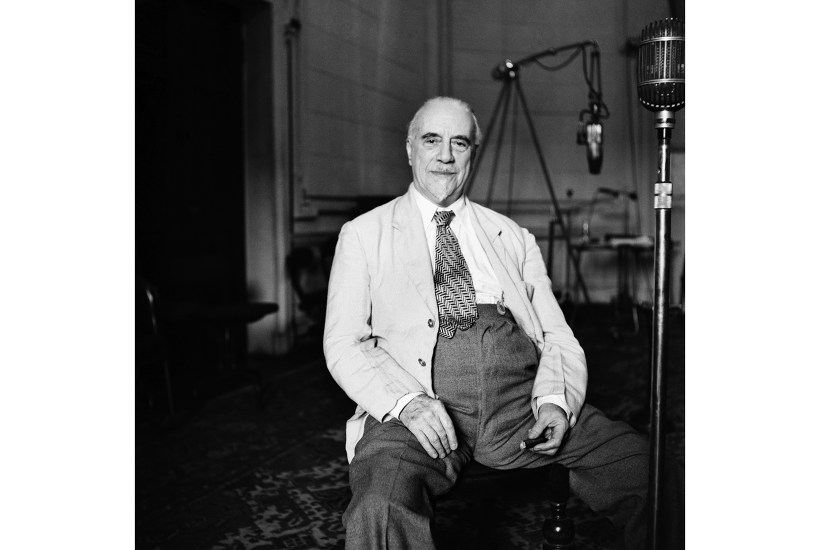
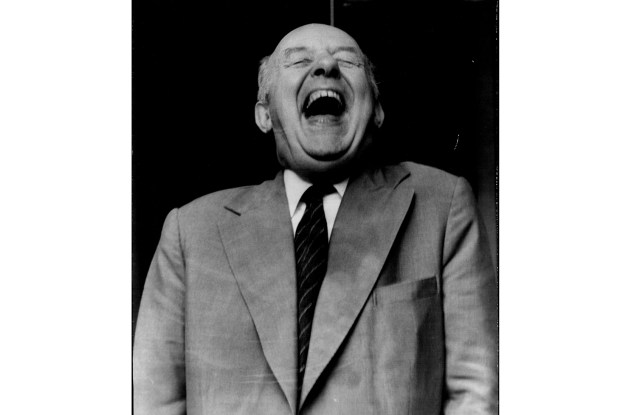
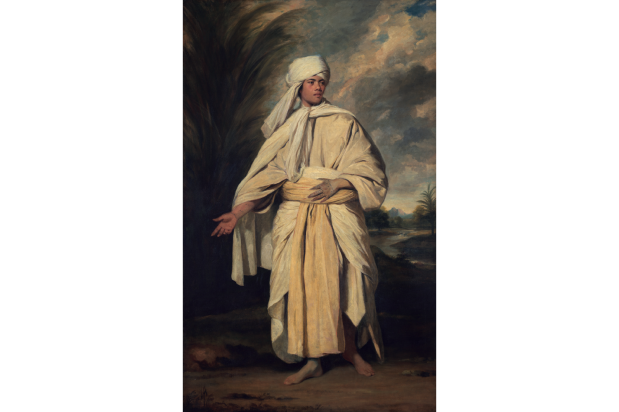
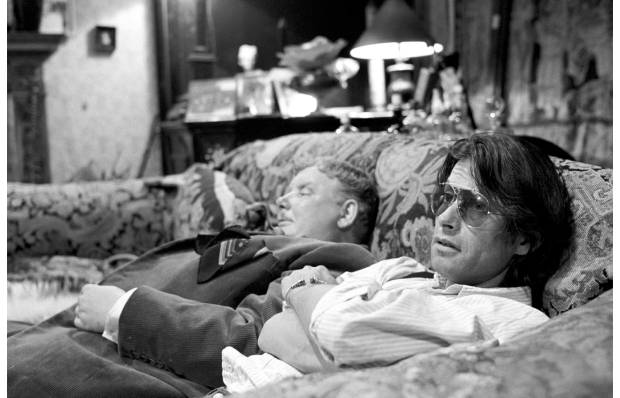
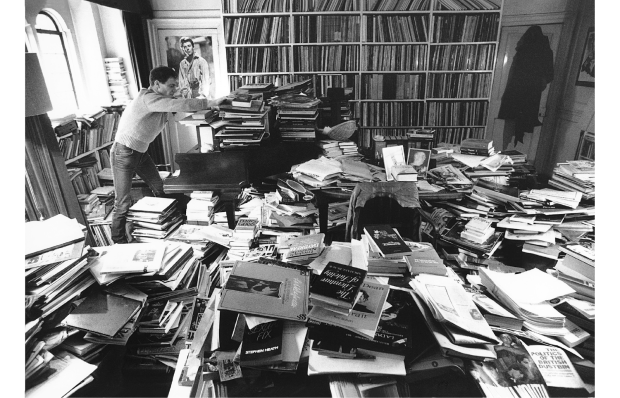
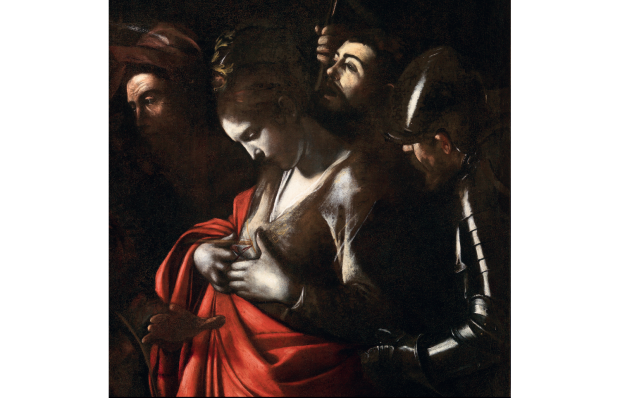
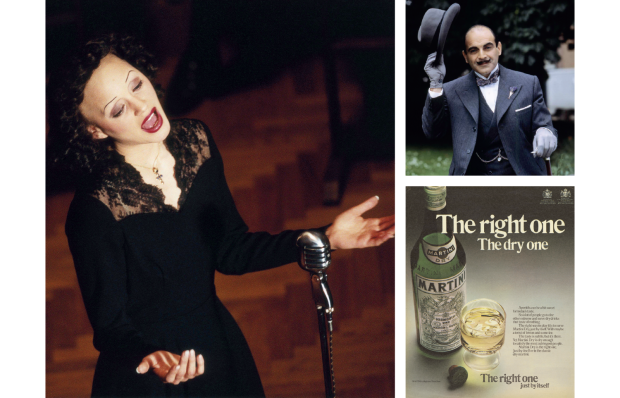






Comments
Don't miss out
Join the conversation with other Spectator Australia readers. Subscribe to leave a comment.
SUBSCRIBEAlready a subscriber? Log in